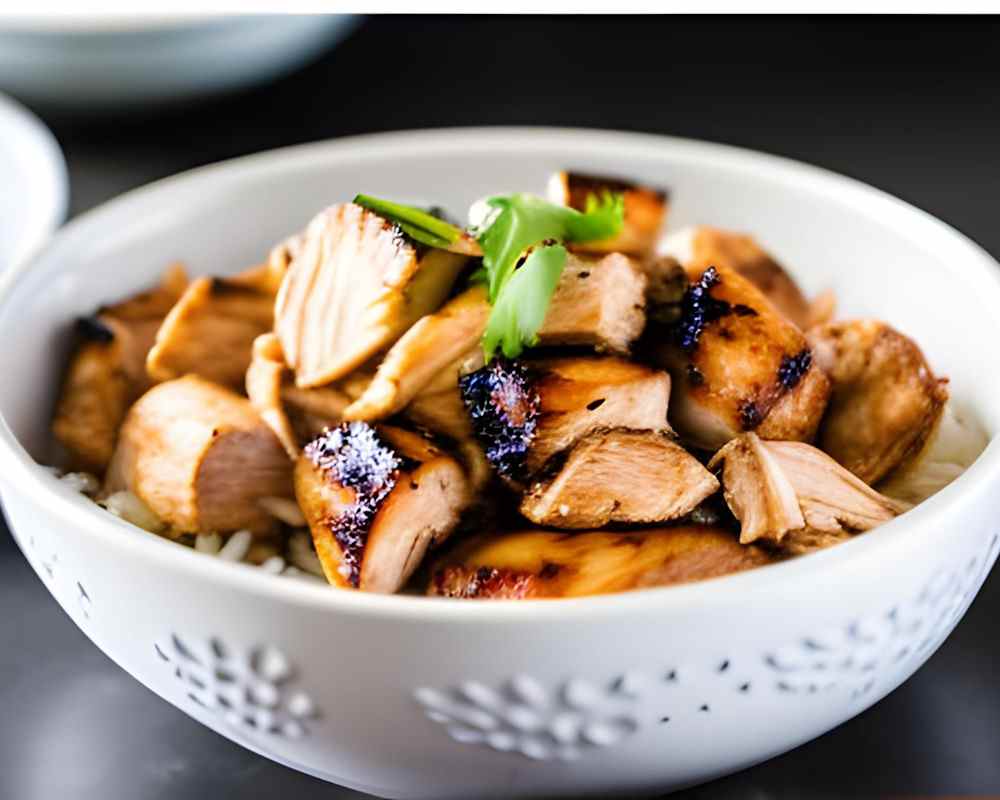Contents
- Can I Feed My Dog Chicken and Rice Everyday?
- Benefits of Feeding Chicken and Rice
- Nutritional Requirements for Dogs
- Considerations Before Feeding Chicken and Rice Daily
- Consulting with Your Veterinarian
- Balancing the Diet
- Monitoring for Allergies or Sensitivities
- Avoiding Seasonings and Flavorings
- Ensuring Sufficient Protein
- Sourcing Clean Water
Imagine being a dog owner and constantly wondering if you’re feeding your furry friend the right food. “Can I Feed My Dog Chicken and Rice Everyday?” is a product that aims to answer this age-old question. With a focus on the nutritional needs of dogs, this article provides insights into the potential benefits and drawbacks of feeding your four-legged companion chicken and rice as a daily diet. Whether you’re seeking dietary advice or simply curious about what’s best for your canine companion, this article will help alleviate any doubts and provide you with the knowledge you need to make informed decisions about your dog’s diet.
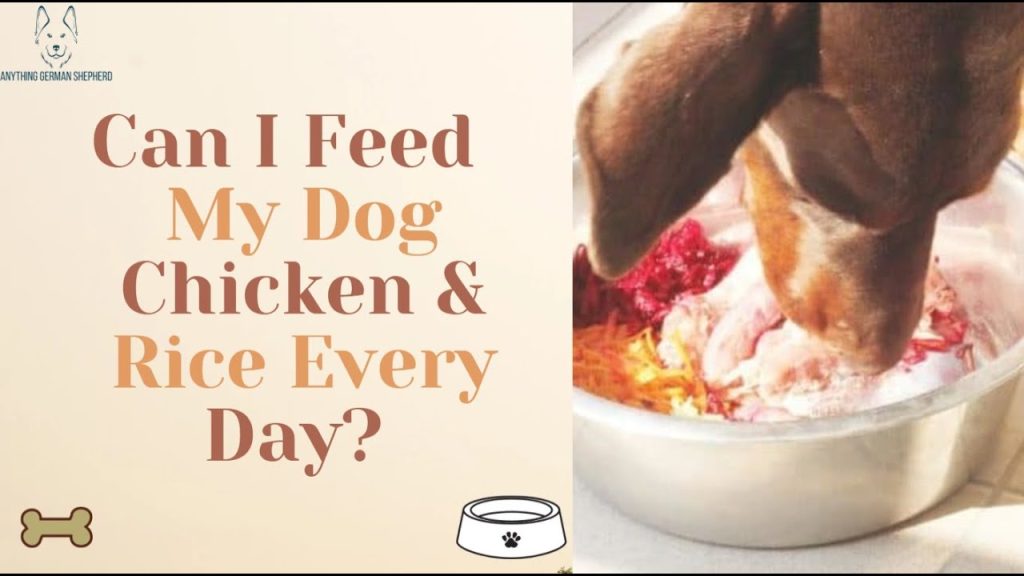
Can I Feed My Dog Chicken and Rice Everyday?
Feeding your dog a healthy and balanced diet is paramount to their overall well-being. One popular question that many dog owners have is whether they can feed their furry friend chicken and rice everyday. While chicken and rice can certainly be a part of a well-rounded diet, it is essential to consider the nutritional requirements of dogs and certain considerations before making it a daily staple in their meals.
Benefits of Feeding Chicken and Rice
Good Source of Protein
Protein is an essential nutrient for dogs as it helps build and repair tissues, supports a healthy immune system, and provides energy. Chicken is a fantastic source of lean protein, making it an excellent choice for your dog’s diet. The combination of chicken and rice provides a good balance of amino acids, which are the building blocks of proteins.
Gentle on Digestive System
Some dogs may have sensitive stomachs or digestive issues, which can lead to upset stomachs and discomfort. Chicken and rice are considered to be gentle on the digestive system, making it easier for dogs to digest. This can be particularly beneficial for dogs with sensitive stomachs or those recovering from an illness or surgery.
Helps with Allergies and Sensitivities
Food allergies and sensitivities are common among dogs, and many pet owners struggle to find suitable diets for their furry companions. Chicken and rice are often recommended as an elimination diet to help identify potential food allergies or sensitivities. By exclusively feeding your dog chicken and rice for a period of time, you can determine if they experience any adverse reactions, such as skin irritations or gastrointestinal issues.
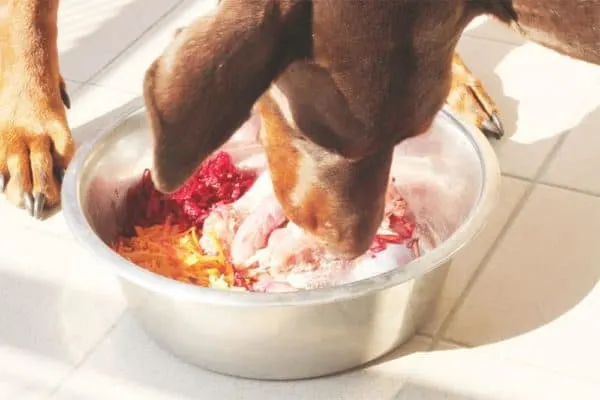
Nutritional Requirements for Dogs
To provide a balanced diet for your dog, it’s crucial to understand their nutritional requirements. Here are the key components to consider:
Protein
As mentioned earlier, protein is a vital nutrient for dogs. It should make up a significant portion of their diet, as it helps support their muscles, organs, and immune system. Adult dogs generally require a minimum of 18% protein in their diet, while puppies and nursing mothers need even more.
Carbohydrates
Carbohydrates serve as an energy source for dogs. Foods like rice provide dogs with the necessary carbohydrates to fuel their bodies and activities. However, it’s important to note that dogs are primarily carnivorous, and their carbohydrate requirements are relatively lower compared to humans.
Fat
Fat also plays a vital role in a dog’s diet, providing them with energy and supporting healthy skin and coat. Including small amounts of chicken skin, for example, can provide healthy fats. However, it’s important to remove excess fat and skin to avoid an unbalanced diet or potential weight gain.
Vitamins and Minerals
Dogs require a wide range of vitamins and minerals to stay healthy. These include vitamin A, vitamin D, vitamin E, B vitamins, calcium, phosphorus, and more. While chicken and rice can contribute to some of these essential nutrients, it’s important to ensure a varied diet to prevent deficiencies.
Water
Water is often overlooked but is absolutely essential for a dog’s overall health. Dogs should have access to fresh and clean water at all times. Ensuring they stay hydrated is crucial for proper digestion, nutrient absorption, and the overall functioning of their bodies.
Considerations Before Feeding Chicken and Rice Daily
Before making chicken and rice a daily part of your dog’s diet, there are several factors to consider:
Consulting with Your Veterinarian
It is always recommended to consult with your veterinarian before making any significant changes to your dog’s diet. They can evaluate your dog’s specific nutritional needs, address any underlying health issues, and provide professional advice tailored to your dog’s individual requirements.
Balancing the Diet
While chicken and rice can provide many nutritional benefits, it’s important to balance your dog’s diet with other essential ingredients. A complete and balanced diet for dogs includes various protein sources (such as beef, fish, or lamb), vegetables, and even fruits. This variety helps ensure that your dog receives all the necessary nutrients for optimal health.
Monitoring for Allergies or Sensitivities
While chicken and rice are generally well-tolerated by most dogs, it’s important to monitor your pet for any signs of allergies or sensitivities. Common symptoms include itching, excessive licking, vomiting, diarrhea, or changes in behavior. If you notice any of these signs, it’s necessary to consult your veterinarian for guidance.
Avoiding Seasonings and Flavorings
When preparing chicken and rice for your dog, avoid using any seasonings or flavorings such as salt, garlic, or onion powder. These can be harmful or even toxic to dogs. Plain and unseasoned chicken and rice are the safest options to ensure your pet’s well-being.
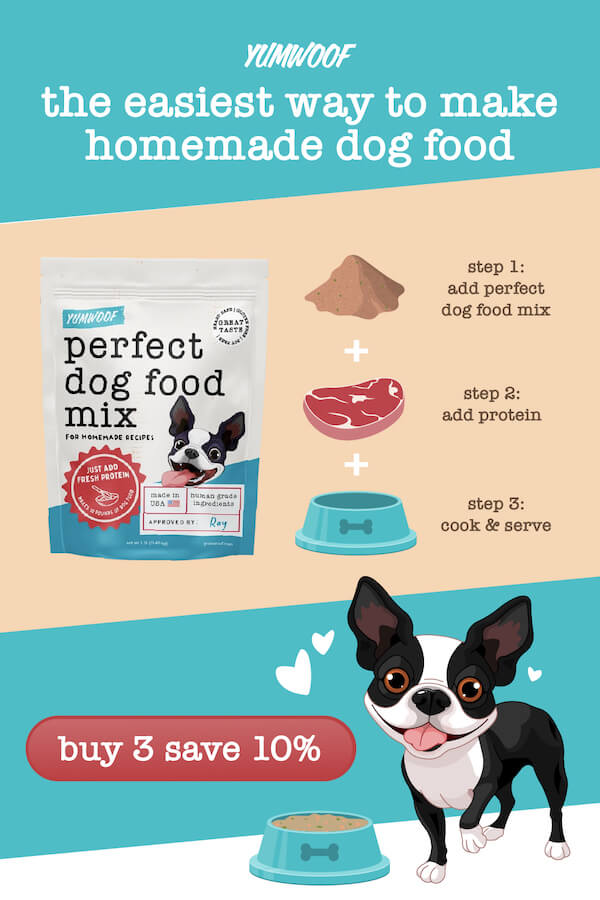
Consulting with Your Veterinarian
Consulting with your veterinarian is crucial to determine your dog’s individual nutritional needs and any specific health concerns. They can provide personalized advice based on factors such as age, breed, weight, activity level, and any existing health conditions your dog may have.
Determining Individual Nutritional Needs
Every dog is different, and their nutritional needs may vary. A young and active dog, for example, may require a different diet than a senior dog with certain health conditions. By consulting with your veterinarian, you can determine the appropriate protein, carbohydrate, fat, vitamin, and mineral requirements for your dog.
Addressing Specific Health Issues
If your dog has specific health concerns such as obesity, food allergies, or gastrointestinal disorders, your veterinarian can offer guidance and recommendations to address these issues. They may suggest alternative protein sources or specific supplements to support your dog’s health and well-being.
Receiving Professional Advice
Your veterinarian is an invaluable source of professional advice when it comes to your dog’s diet. They have the knowledge and expertise to guide you in making the best decisions regarding your dog’s nutritional needs. Regular check-ups and discussions with your veterinarian can help ensure your dog remains happy and healthy.
Balancing the Diet
While chicken and rice can provide essential nutrients, it’s important to understand the concept of a complete and balanced diet for dogs.
Understanding Complete and Balanced Diets
A complete and balanced diet ensures that your dog receives all the necessary nutrients in the correct proportions. This includes proteins, carbohydrates, fats, vitamins, minerals, and water. Commercial dog foods are formulated to meet these requirements, but if you choose to make homemade meals, it’s crucial to educate yourself on providing the necessary nutrients.
Incorporating Other Essential Ingredients
To ensure your dog’s diet remains balanced, it’s important to incorporate other essential ingredients. This can include other protein sources like beef, fish, or lamb, as well as vegetables and fruits. By including a variety of ingredients, you can provide a wider range of necessary nutrients for optimal health.
Avoiding Imbalances and Deficiencies
Feeding your dog the same food every day, such as chicken and rice alone, can potentially lead to imbalances or nutrient deficiencies in the long term. By varying your dog’s diet and including different protein sources and ingredients, you can prevent these issues and promote a healthier, more balanced diet.
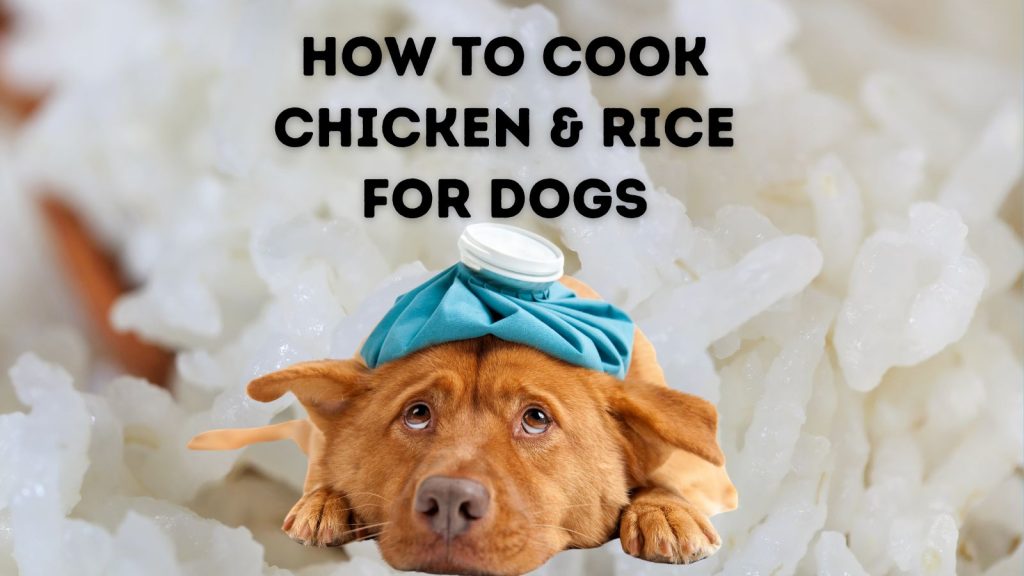
Monitoring for Allergies or Sensitivities
While chicken and rice can be a suitable diet for many dogs, it’s important to keep a close eye on your dog for any signs of allergies or sensitivities.
Identifying Symptoms
Allergic reactions or sensitivities to certain ingredients can manifest in various ways. Watch out for signs such as itching, redness, hives, excessive licking or scratching, gastrointestinal issues (vomiting or diarrhea), changes in behavior, or respiratory problems. If you notice any of these symptoms, it’s essential to consult your veterinarian for further evaluation.
Switching to an Elimination Diet
If you suspect that your dog may have food allergies or sensitivities, your veterinarian may recommend switching to an elimination diet. This involves removing all potential allergens from their diet, including chicken and rice, and slowly reintroducing ingredients one by one to identify the culprit. This process can help determine which foods your dog can tolerate and which ones they should avoid.
Seeking Veterinary Guidance
If your dog shows signs of allergies or sensitivities, it’s crucial to seek veterinary guidance. Your veterinarian can conduct tests to identify specific allergens and provide recommendations on alternative diets or supplements to manage your dog’s condition.
Avoiding Seasonings and Flavorings
When preparing chicken and rice for your dog, it’s important to avoid adding any seasonings or flavorings that may be harmful to them.
Toxic Ingredients for Dogs
Certain seasonings or flavorings can be toxic to dogs. Ingredients like garlic, onions, salt, and certain herbs can cause various health issues, including anemia and gastrointestinal problems. Play it safe and keep the chicken and rice plain and unseasoned to protect your dog’s health.
Adverse Reactions to Certain Additives
Some dogs may have adverse reactions to additives commonly found in human food, such as artificial preservatives or flavor enhancers. These additives can lead to gastrointestinal upset or allergic reactions. Stick to simple and natural ingredients to ensure your dog’s safety.
Preparing Plain and Safe Chicken and Rice
To prepare chicken and rice for your dog, simply boil or bake plain chicken (without bones or skin) and cook plain rice without any added seasonings. This straightforward preparation method ensures that your dog receives a safe and healthy meal.
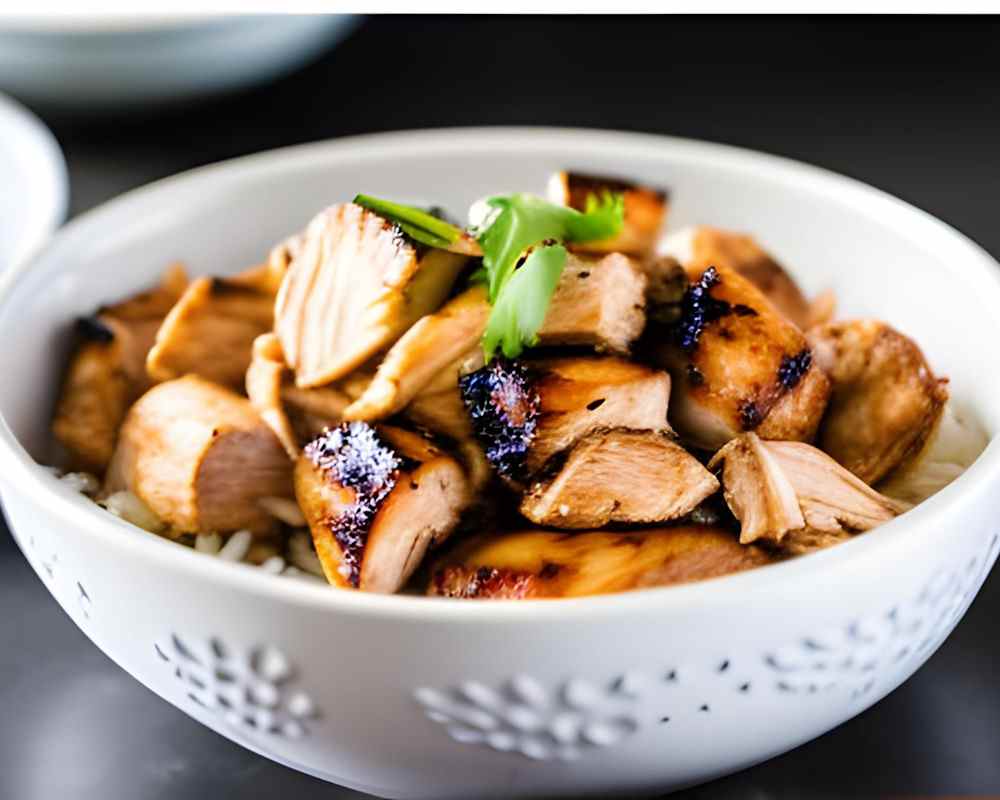
Ensuring Sufficient Protein
Protein is a crucial component of a dog’s diet, and it’s important to ensure they receive sufficient amounts for their overall health and well-being.
Importance of Protein in Dog’s Diet
Protein plays a vital role in building and repairing tissues, maintaining a healthy coat, and supporting a robust immune system. It also provides the necessary amino acids that dogs need to thrive. Including various protein sources in their diet helps ensure they receive a complete amino acid profile.
Including Other Meat Sources
While chicken is an excellent source of protein, it’s beneficial to incorporate other meat sources as well. Beef, fish, turkey, and lamb all offer different nutritional profiles and can provide your dog with a wider range of essential nutrients.
Supplementing with Animal-Based Protein
If you choose to feed your dog chicken and rice daily, it may be necessary to supplement their diet with animal-based protein sources to ensure they receive a varied and complete amino acid profile. Consult with your veterinarian to determine the appropriate supplements for your dog’s individual needs.
Sourcing Clean Water
While food is essential, it is equally important to consider your dog’s hydration needs and ensure they have access to clean drinking water at all times.
Importance of Hydration
Water is crucial for maintaining proper bodily functions, including temperature regulation, digestion, and nutrient absorption. It helps keep your dog’s organs functioning optimally and supports overall health.
Providing Fresh and Clean Water
Make sure your dog has access to fresh and clean drinking water at all times. Regularly refill their water bowl with cool water and clean it to prevent bacteria growth. Avoid providing stagnant water or water that may be contaminated with harmful substances.
Avoiding Tap Water Contaminants
Some tap water sources may contain contaminants such as chlorine, heavy metals, or toxins. If your tap water quality is a concern, consider providing your dog with filtered or bottled water to ensure they’re not consuming harmful substances.
In conclusion, feeding your dog chicken and rice can be a healthy option, but it’s important to understand their specific nutritional requirements and consider certain factors before making it a daily part of their diet. Consult with your veterinarian to determine the best approach for your dog’s overall health and well-being. By providing a balanced diet, monitoring for allergies or sensitivities, and ensuring access to clean water, you can help ensure that your furry friend stays happy, healthy, and well-nourished.

